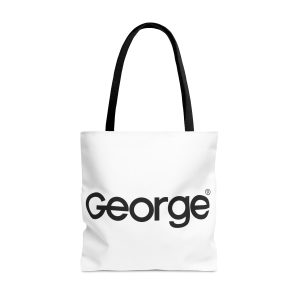

The 7-to-2 decision stressed that it did not address the merits of the dispute, and concerned only whether the producers had standing to sue.
The Supreme Court ruled on Friday that fuel producers may challenge an unusual federal program that lets California set its own limits on vehicle tailpipe emissions to combat climate change.
The question for the justices was whether the challengers had suffered the sort of injuries that gave them standing to sue. When the Supreme Court agreed to hear the case in December, it said it would not address whether the Environmental Protection Agency program granting California a waiver to set its own standards for greenhouse gas emissions was lawful.
A federal law authorizes the E.P.A. to grant California a waiver even though other states and localities are not free to set their own limits. The U.S. Court of Appeals for the District of Columbia Circuit, in an unsigned opinion last year, rejected the fuel producers’ lawsuit, ruling that the challengers lacked standing. The appeals court reasoned that the challengers would not be directly harmed by the waiver, since its immediate impacts were only on vehicle manufacturers.
Writing for a seven-member majority on Friday, Justice Brett M. Kavanaugh said the fuel producers would suffer harm from the waiver and so had standing to sue.
“Without California’s regulations in effect,” he wrote, “manufacturers would likely make more cars powered by gasoline and other liquid fuels, thereby increasing purchases of those fuels.”
Justice Kavanaugh stressed the limits of the ruling. “This case concerns only standing, not the merits,” he wrote. “E.P.A. and California may or may not prevail on the merits in defending E.P.A.’s approval of the California regulations.”



![Enjoy the [Road] Show Travel Mug with Handle, 14ozEnjoy the [Road] Show Travel Mug with Handle, 14oz](https://georgemagazine.com/wp-content/uploads/2024/08/479070202831754764_2048-300x300.jpeg)